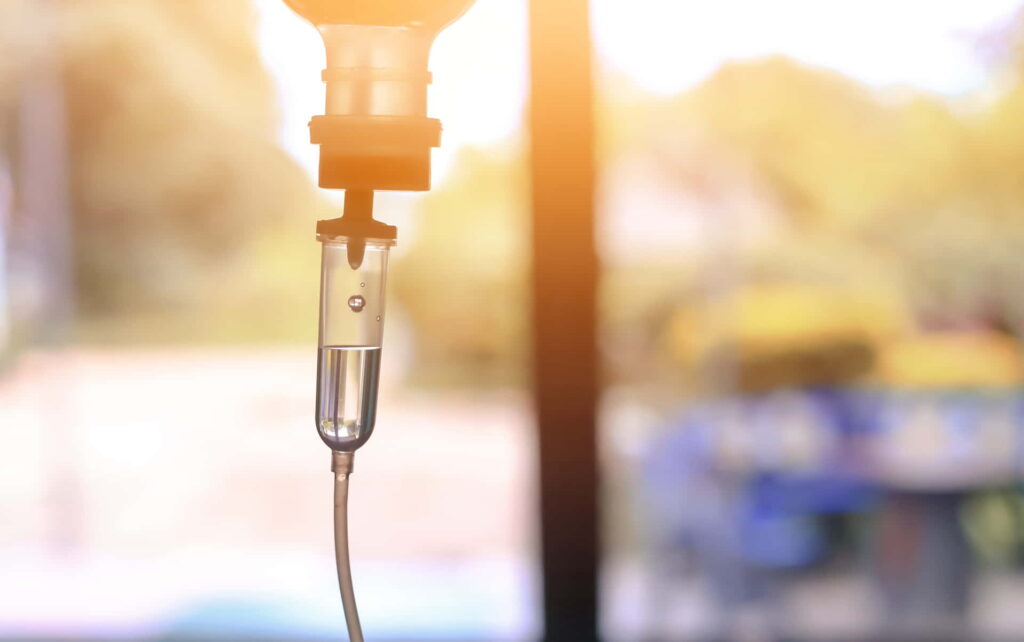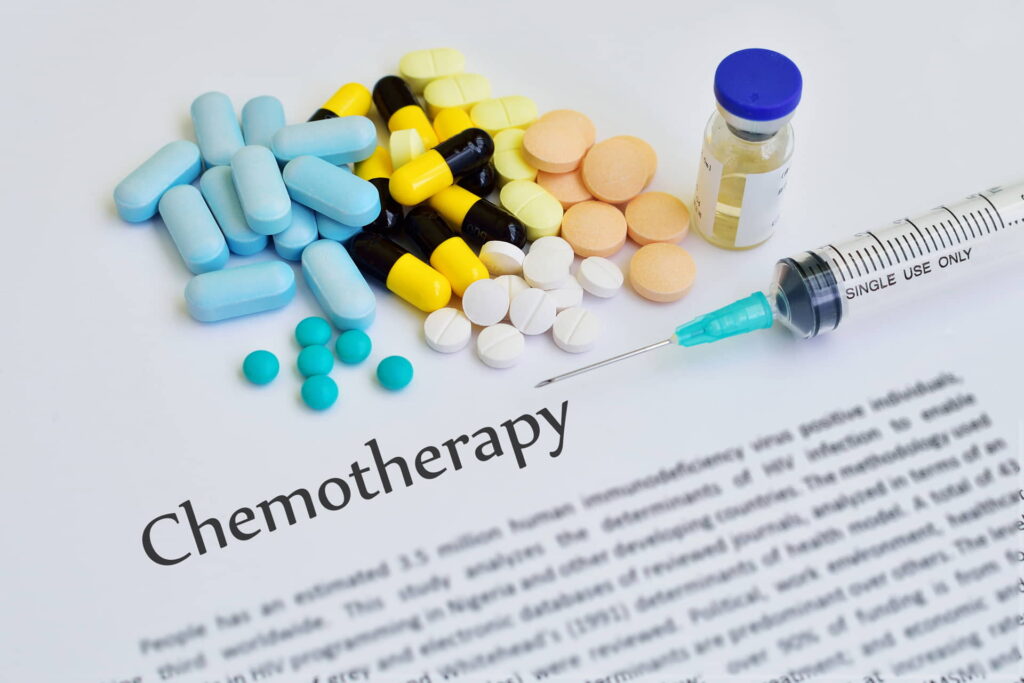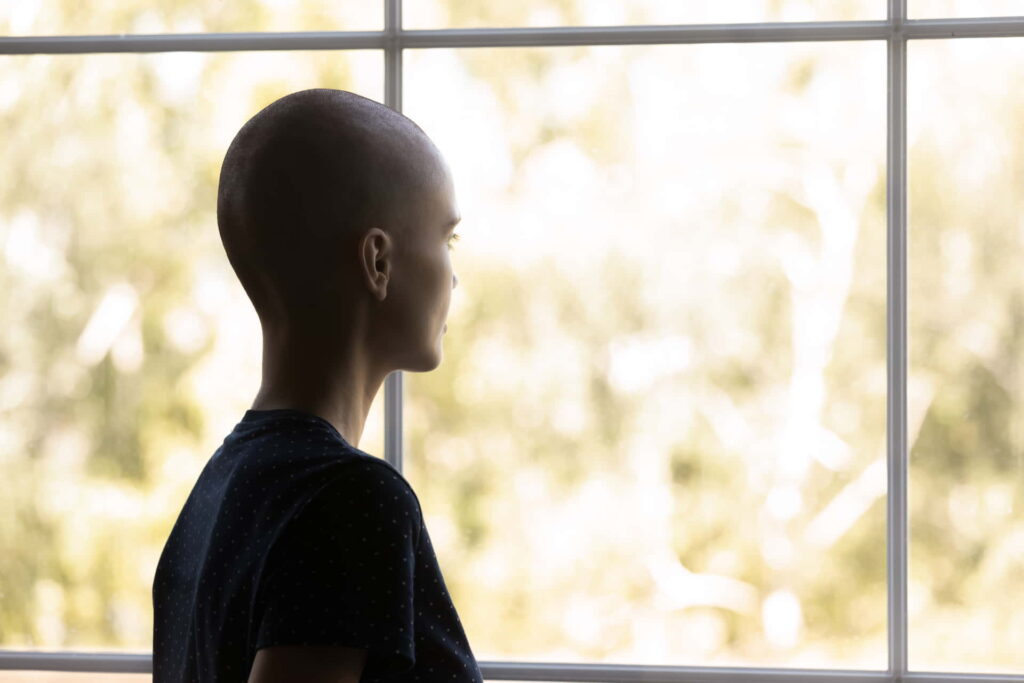
Chemotherapy
Cancer Treatment Options
Chemotherapy (also known as Chemo) is a long-established traditional cancer treatment. It was first used in the 1940s to treat leukaemia and lymphoma. The mechanism of chemotherapy is to use medications to directly induce DNA damage in cancer cells, or to prevent them from dividing, or to counteract nutrients (such as folic acid) that are essential for DNA synthesis. Chemotherapy is known for its ability to cause rapid death and regression of tumor cells, making it suitable for fast-growing tumors. For inquiries about the cost of chemotherapy, the price of each session, and the cost of cancer chemotherapy drugs, please contact reVIVE Oncology and Cancer Centre.
The chemotherapy drugs kill cancer cells or work on tumor cells by stopping them from dividing and growing in different mechanisms. Radiotherapy uses high-energy X-rays to destroy tumor cells. Combining radiotherapy and chemotherapy for cancer has been found effective in killing more tumor cells on certain occasions.
What types of cancer are suitable for chemotherapy?
Chemotherapy is used for many different types of cancer, such as leukaemia, lymphoma, Hodgkin lymphoma, multiple myeloma and sarcoma, as well as mammary cancer, lung cancer and ovarian cancer.

Types & Procedures of Chemotherapy
Common types of treatment include:
- Intravenous Injection
- Oral Administration
- Other ways of injection, including: intramuscular, subcutaneous, intralesional, intra-arterial
Prior to the chemotherapy treatment, the doctor will arrange an appointment with the patient to explain in detail the entire chemotherapy process, the effects and side effects of the medications etc. The patient’s blood and urine will be taken for testing. Once the test is passed, the patient or family members must sign the “Chemotherapy Consent Form” to indicate their consent to receiving chemotherapy. The doctor will then arrange for the treatment.
Throughout the entire treatment, the doctor will administer the prescription and dosage of medications according to the patient’s condition. The patient or family members can simply collect the medications from the pharmacy. The nursing staff will measure blood pressure, pulse rate and blood oxygen for comparison purposes before and after chemotherapy.

The side effects of chemotherapy
Chemotherapy may destroy normal cells as it is incapable of distinguishing cancer cells and normal cells and may cause many side effects throughout the treatment.
Common side effects include:
- Fatigue
- Nausea
- Weakened Immune System
- Constipation and Diarrhoea
- Itchy and Flaky Skin
- Fluctuating Hearing Loss
During chemotherapy, patients are required to have regular blood tests to monitor the response of their body to the drugs. If the report returns an unsatisfactory result, chemotherapy will be halted until the cells in the blood return to a normal state before proceeding with treatment. The doctor will also administer the appropriate medications according to the patient’s needs to alleviate the discomfort caused.
The higher the dosage of chemotherapy, the greater the effectiveness and side effects. Possible side effects include:
- Nausea and vomiting
- White Blood Cells Deficiency
- Oral Ulcers
- Hair Loss
- Nerve and Muscle Paralysis
- Development of New Cancer
- Brain Damage
- Loss of Fertility
- Teratogenesis



